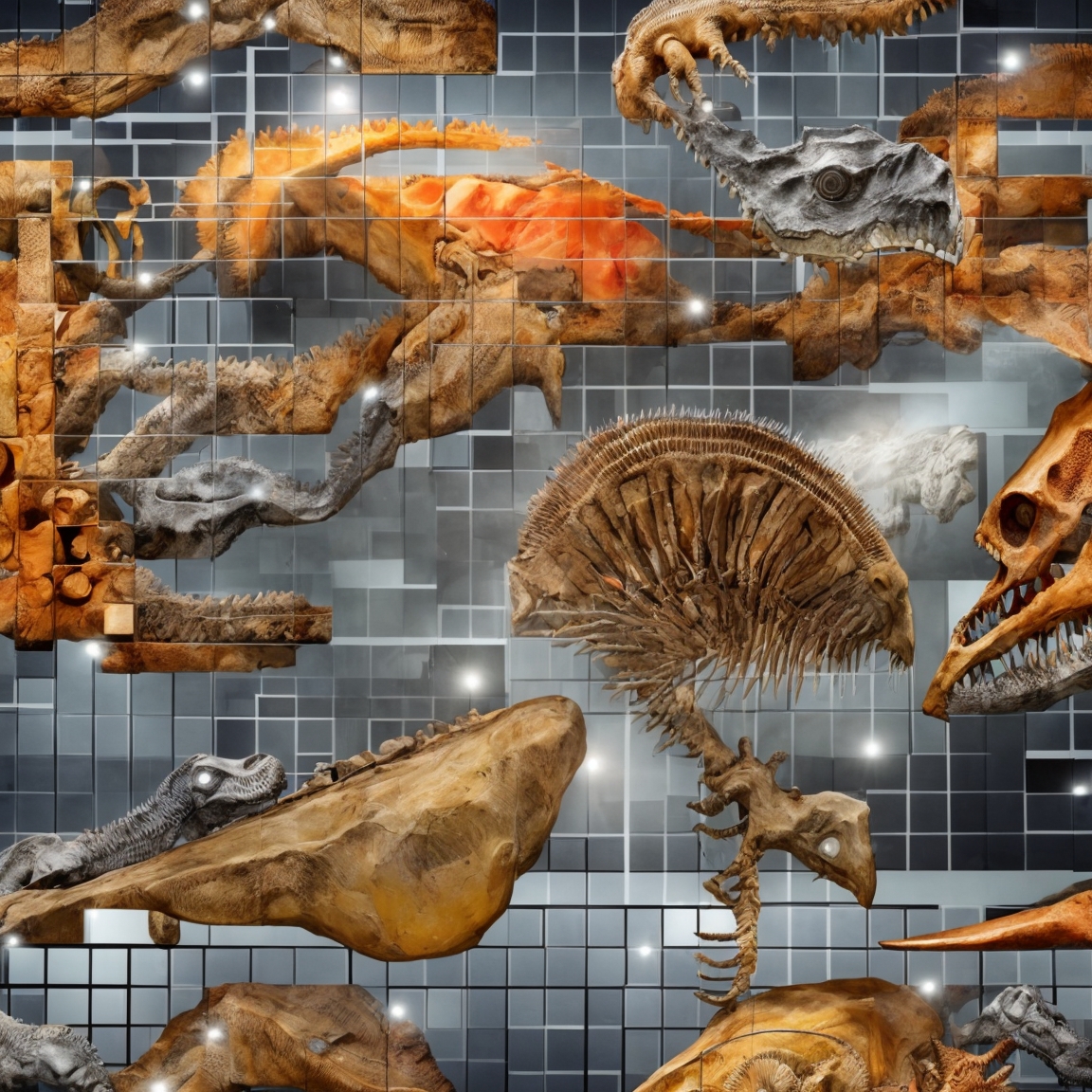The Ecology of Emotion: A Complex Web of Passion, Science, and the Human Condition
The Ecology of Emotion
Exploring the Intricate Web of Passion, Science, and the Human Heart
An In-Depth Look at the Clash of Emotion and Silence in Ecology
The field of ecology is a passionate endeavor, often fueled by a deep love for the natural world and a desire to protect it. But what happens when this passion collides with the raw, unfiltered emotions that arise from witnessing the devastation and imperfections of our planet? This blog post delves into the complex world of the ecologist’s heart, exploring the clash of passion and emotion, science and humanity.
The Science of Passion
Ecology, a branch of earth science, is an intricate dance of understanding the balance and interactions within our natural world. Ecologists dedicate their lives to studying and protecting our planet, fueled by a passion for the intricate beauty of nature. This passion, however, can also be a double-edged sword.
The Silent Turmoil
The very same passion that drives ecologists can also lead to internal conflict and silent desperation. As they delve deeper into the complexities of our planet, they may witness first-hand the devastation caused by human activity, natural disasters, or the simple impermanence of life. This raw, emotional response can leave them feeling helpless, guilty, and vocalizing their concerns.
The Guilt of the Passionate Ecologist
The passionate ecologist may find themselves in a unique predicament. On one hand, they are driven by a love for the beauty and complexity of nature, fueled by the quest for knowledge and understanding. On the other hand, they may experience a deep sense of guilt when faced with the reality of human impact on the environment. This guilt can stem from feeling powerless to make a significant impact, or from bearing witness to the destruction of the very thing they love.
Embracing the Human Condition
While ecologists are scientists at their core, they are also human. Their passion and emotion are intrinsic parts of their character, and embracing this humanity can lead to a deeper connection with their field. By acknowledging and accepting the full range of their emotions, ecologists can find a sense of balance and purpose, using their passion as a driving force for change and protection.
Expressing the Inexpressible
Ecologists have their own unique mediums through which they express their love for the field. Whether it’s through art, poetry, activism, or simply sharing their knowledge, they find ways to convey the inexpressible beauty and fragility of our planet. However, there are also circumstances that drive them to silence, where words and actions feel inadequate.
The Power of Silence
Silence can be a powerful tool for ecologists. It can be a moment of reflection, a time to process the complexities and emotions stirred by their work. It can also be a form of respect, a recognition of the magnitude and importance of the natural world. However, silence can also be a source of internal conflict, where words feel inadequate and emotions run deep.
A Beautiful Contradiction
The passionate ecologist embodies a beautiful contradiction, where science and passion collide. Their character is shaped by the complex interplay of their love for nature, the raw emotions stirred by its imperfections, and the human condition that fuels their drive for change. It is within this contradiction that they find their unique perspective and contribution to the field of ecology.
Conclusion: Embracing the Clash
In the end, it is the clash of passion and emotion, science and humanity, that creates the unique and powerful character of the ecologist. By embracing this clash, they find their place in the intricate web of ecology, using their passion as a driving force for a deeper understanding and protection of our planet.













































